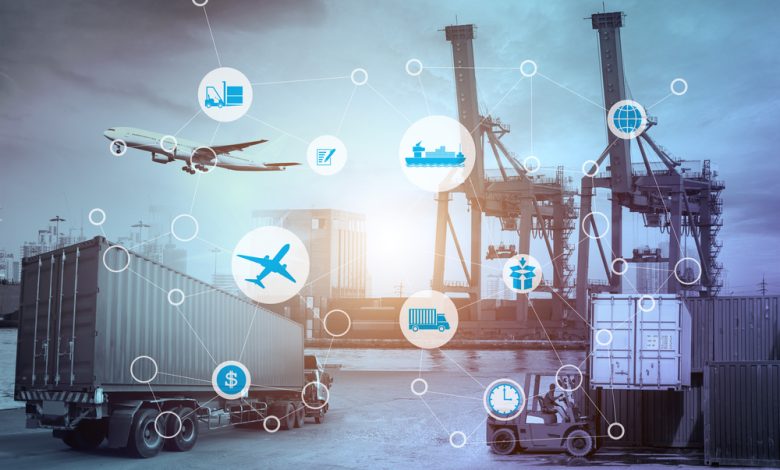
The landscape of international transport law is continuously evolving, driven by technological advancements, globalization, and the growing emphasis on sustainability and security. These changes present both opportunities and challenges for businesses engaged in the global movement of goods. Understanding the emerging trends in this field is crucial for companies to navigate the complexities of international trade, ensure compliance, and leverage new opportunities for efficiency and growth. This article explores key trends in international transport law and their implications for businesses.
Increased focus on environmental regulations
One of the most significant trends in international transport law is the increasing focus on environmental protection. Regulatory bodies worldwide are implementing stricter emissions standards and policies aimed at reducing the environmental footprint of transport activities. For instance, the International Maritime Organization (IMO) has set ambitious targets to reduce greenhouse gas emissions from ships, leading to the adoption of cleaner fuels and more energy-efficient ship designs.
Implications for businesses: Companies involved in international shipping must adapt to these new regulations by investing in greener technologies and practices. While this may entail upfront costs, it can also offer long-term savings and enhance a company’s reputation as a responsible and sustainable operator.
Digitalization and smart contracts
The digitalization of transport documents and the use of smart contracts are transforming international trade. Blockchain technology, in particular, is being used to create secure, transparent, and efficient systems for managing transport documents and contracts, reducing the risk of fraud and errors.
Implications for businesses: Embracing digitalization can significantly streamline operations, reduce paperwork, and increase transparency in the supply chain. Companies should invest in digital infrastructure and stay informed about technological advancements to remain competitive.
Greater emphasis on security and compliance
In response to global security concerns, international transport law is increasingly focusing on security measures and compliance. Regulations such as the International Ship and Port Facility Security (ISPS) Code and the Customs-Trade Partnership Against Terrorism (C-TPAT) program are designed to enhance the security of international shipping and port facilities.
Implications for businesses: Compliance with these security measures is not optional; it’s a critical requirement for businesses engaged in international transport. Companies need to ensure that their operations are secure and that they adhere to all relevant security regulations to avoid penalties and maintain smooth operations.
Developments in Liability and Insurance Law
The legal landscape regarding liability and insurance in international transport is also evolving. New conventions and legal frameworks are being developed to address the complexities of modern transport operations, including issues related to multimodal transport and the liability of carriers.
Implications for businesses: Businesses must stay abreast of changes in liability and insurance laws to ensure they have adequate coverage and that their contracts accurately reflect their liability exposure. Understanding these legal aspects is essential for risk management and financial planning.
Challenges and Opportunities in emerging markets
Emerging markets are playing an increasingly significant role in international trade, leading to new opportunities and challenges in transport law. Navigating the legal systems and regulatory environments of these markets requires a nuanced understanding and strategic approach.
Implications for Businesses: Companies looking to expand into emerging markets must conduct thorough due diligence and possibly partner with local firms to navigate the legal landscape effectively. Understanding local regulations and cultural nuances is crucial for success in these markets.
The emerging trends in international transport law reflect the dynamic nature of global trade and the need for businesses to adapt continually. By understanding and responding to these trends, companies can mitigate risks, enhance compliance, and seize new opportunities in the global marketplace. Staying informed and agile in the face of legal and regulatory changes is crucial for businesses aiming to thrive in the ever-evolving landscape of international transport.